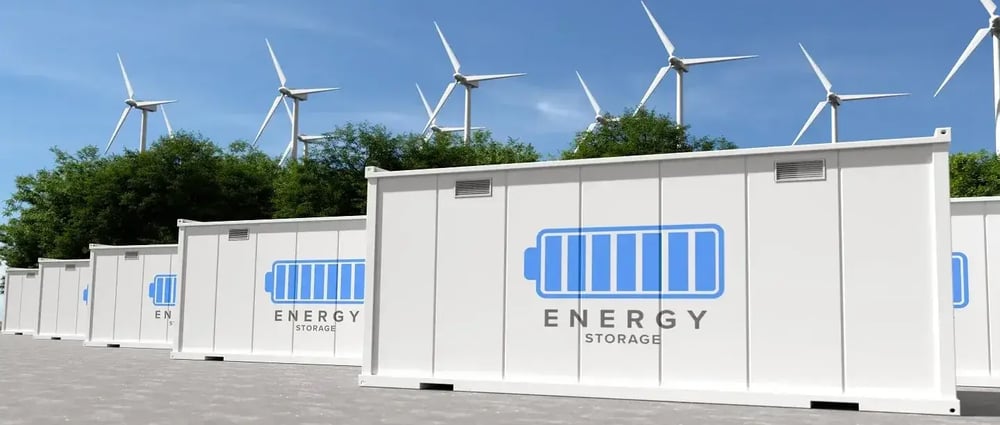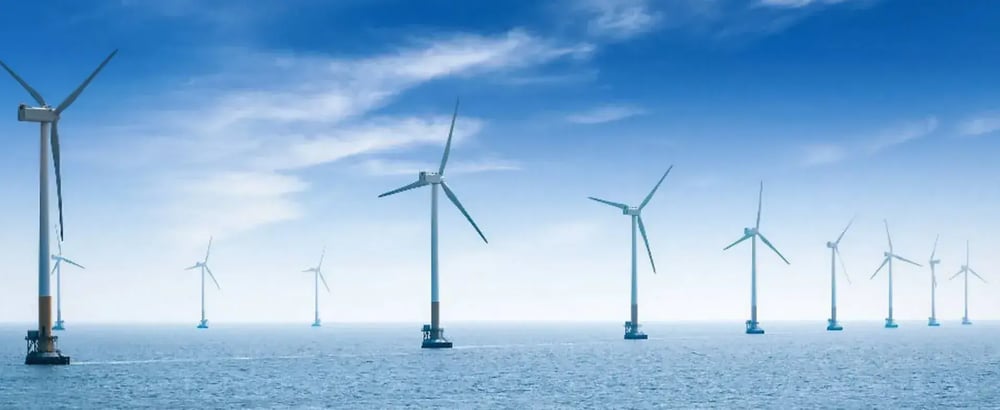On November 14th the House and Senate passed Massachusetts’ latest climate law which is a compromise of bills passed by the two chambers earlier in the year. We are happy to write that, while their compromise did not contain everything we were pushing for, it makes great strides on a wide range of issues from supporting EV charging to reforming the state’s gas utility laws.
Since the bill is 140 pages long, this blog will outline only three major pieces. We'll save the EV portions for a later blog. For now, let’s get into the building and energy policy sections of the law, starting with the most important win for climate policy this session.
Reforming our Natural Gas Utilities
One of the biggest changes this bill makes is that it moves the Commonwealth’s gas utility laws away from encouraging the expansion of the gas system and toward allowing the replacement of gas with other, cleaner heating technologies.
As we’ve written about before, systemically winding down the gas system is an important step in moving away from fossil fuels. Without reforms to the gas system, individual buildings switching off gas would slowly increase gas costs for the remaining customers as the system’s large maintenance costs would be shouldered by fewer and fewer customers over time.
To address that issue, the bill changes the legal obligation of gas utilities. Currently, gas utilities are required to supply gas to customers who request it. This bill changes the utilities' responsibility in these cases from supplying gas to supplying thermal energy more broadly. In other words, a utility could meet its legal obligation to the public either by supplying gas or heat generated in a clean energy, like with a heat pump or networked geothermal system.

Procuring Battery Storage
This bill also takes several steps to reduce our dependence on gas and oil to generate electricity, including the procurement of energy storage.
What this means is the legislature is allowing the state government to go out and sign long-term contracts for 5,000 megawatts of energy storage. These long-term procurement contracts can encourage the construction of large capital-intensive clean energy projects, like energy storage systems, by taking away the risk developers often face that they will sink money into a project only to make far less from it than they planned.
While the Commonwealth has done energy procurements before, mostly for offshore wind, this will be the first time it will be done for energy storage at this scale. This matters because both power demand and the amount of renewable electricity available can vary significantly day to day and even hour to hour. Right now, the state is dependent on ratcheting up natural gas and oil plants to keep the lights on during periods of high electricity demand, which is neither clean nor cheap.

If the procurement of energy storage goes well, the state would be essentially attaching massive batteries to the grid. These could store power when there is little demand but plenty of renewable energy production and release that power when it’s needed, reducing the need for gas and oil plants and saving ratepayer money over the long run.
Siting & Permitting
Another major feature of this bill is its overhaul of the state’s siting and permitting laws to make the process of building clean energy infrastructure faster. One way the law does this is by combining different permitting processes into “consolidated” permits that clean energy projects could get either from a municipality or from the state, depending on their size. This bill also limits how long municipalities, or the state, can take to decide to either approve or reject a project’s application.
Additionally, it creates a new division of the Department of Energy Resources, part of whose mission will be helping municipalities deal with the technical challenges of siting and permitting clean energy infrastructure.
These reforms should help get solar, energy storage, and other clean energy projects off the drawing board and into the real world faster, something the Commonwealth must do to meet its emission reduction targets.
Left on the Cutting Room Floor: Third-Party Supply
Unfortunately, the ban on third-party electric suppliers we and others were advocating for did not make it through. This means third-party suppliers will continue to be allowed to sell electricity to residential customers despite their track record of lying to, and overcharging, the residents of the Commonwealth. While this is disappointing, it is not the end. This was the fourth session where banning third-party suppliers was a major issue, and this fight will continue for a fifth session.
Conclusion
Even with the failure to ban third-party electric suppliers and the climate bill’s rocky path to passage, the Commonwealth ended up making a lot of progress on climate policy this session.
The climate bill’s reforms to the state’s gas utility laws are nation-leading and could help move entire communities away from fossil fuel heating. At the same time, investments in the electric grid’s capacity to move and store electricity will help make sure the Commonwealth can meet rising power demand while continuing to retire oil and gas power plants.




Comments